NDA Alum, Published Author Miranda Paul Shares Her Journey to Success
February 24, 2015
Many of you may know Mrs.Paul. She substitutes here at Notre Dame every once in a while, but what you may not know is that she is an author and was featured in Women magazine in January.
Paul attended Notre Dame and graduated in 2000. She participated in the play, the musical, forensics, art and volleyball.
After high school, she went on to St.Mary’s College of Maryland. Originally her major was Biology, but she switched it to English and secondary education. Besides English, Paul was very interested in science and still is today.
“I think I’ve always wanted to be a writer, but never believed I could be. There’s a big difference between dreaming about something and then having the confidence to pursue it,” said Paul. Once Paul started college, she started meeting authors who had won national book awards and were poet laureates. Their encouragement impacted her and helped bring her to where she is today.
In Paul’s senior year of college she had to complete the “St.Mary’s Project.” One of her professors asked her to go to Gambia, a small country in Africa.
“My project was to start a student-teaching internship semester program in Gambia, Africa. And I did,” stated Paul. Paul’s writing has become much deeper and more empathetic since she visited Gambia.
Paul started out writing poetry, and then she switched to freelancing. It was through freelancing that she realized how much she enjoyed writing children’s books.
“On the surface, it seems light and easy, but really it’s more complicated than much of the writing for adults I’ve had to do. Unlike adults, who will stick with a book even if the first few chapters aren’t pulling them in yet, children have to be engaged from page one,” she explained.
Paul met her agent at a conference in Los Angeles, California, and her agent sends her work to the publishers for her.
“I will caution new writers to do their homework—there are a lot of ‘new’ or ‘indie’ presses springing up that are only glorified self-publishing or vanity presses. Some of them are taking advantage of writers who want to ‘get published.’ A writer should never have to pay to submit their work or to be published, so watch out for red flags and don’t be afraid to turn down an offer from a place that asks you for money or says they’ll own all rights or the copyright to your work,” Paul said.
Paul does charity work for two different categories: literacy and diversity. She works with Books for Africa, Inc. on the 1 Million Books for Gambia project.
“I also am a VP for Outreach with We Need Diverse Books, an organization that began as a social media campaign to change the dismal representation of diversity in books for children and teens, which showed that less than 10% of all books for children were by or about minorities. I think it’s important that all kids—whatever their ethnicity, gender, sexual orientation, religion, or disability—be able to see themselves as the main character of a book, not just a stereotyped sidekick,” says Paul about diversity.
Paul just released her book One Plastic Bag: Isatou Ceesay and the Recycling Women of the Gambia on February 1. In May, she will be releasing Water is Water, and she has three books coming out in 2016.
Paul’s advice for writers: “Whatever it is—poetry, fiction, nonfiction—always exercise the writing muscle. Participating in drama or other activity in which you receive criticism or feedback and have to revise or re-do something is helpful because to make it as a writer means you have to be able to take feedback constructively and incorporate suggestions into your work.”


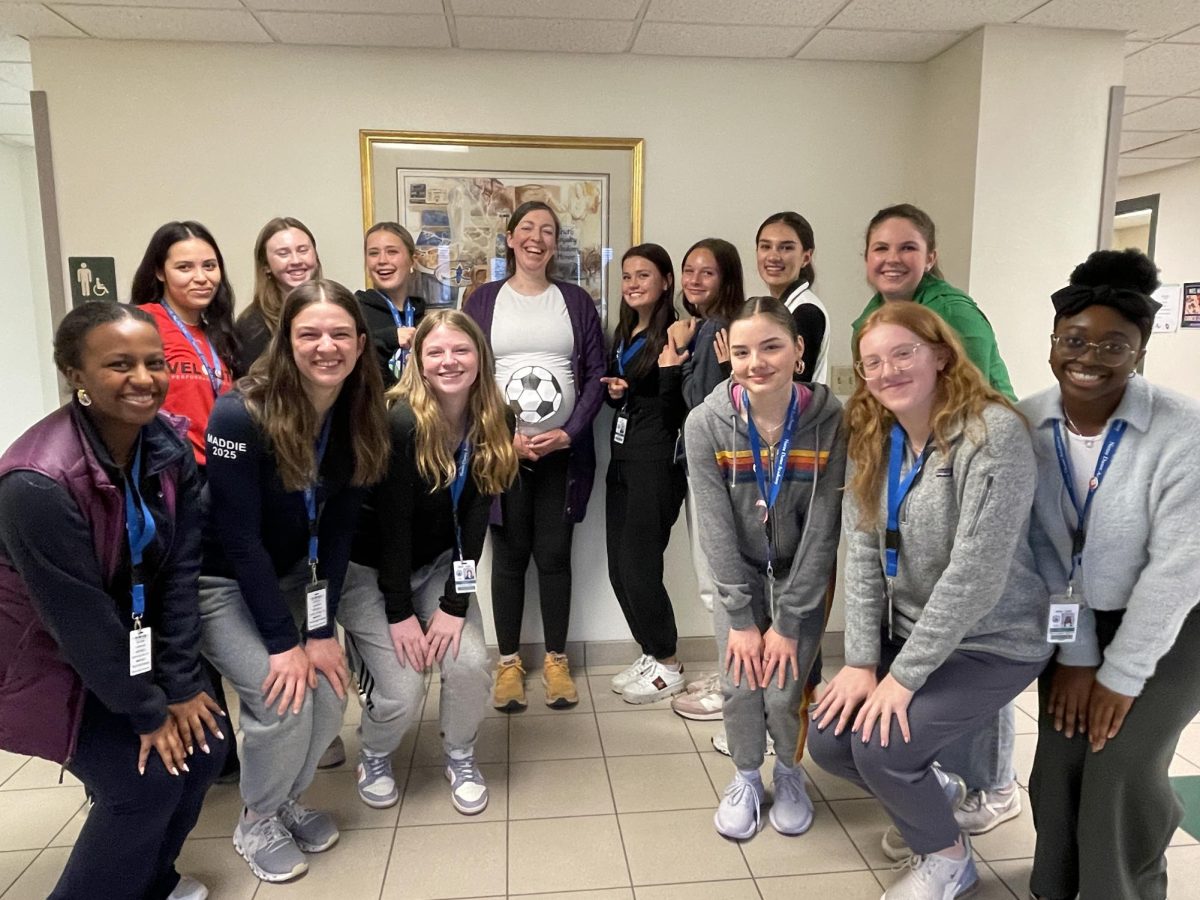
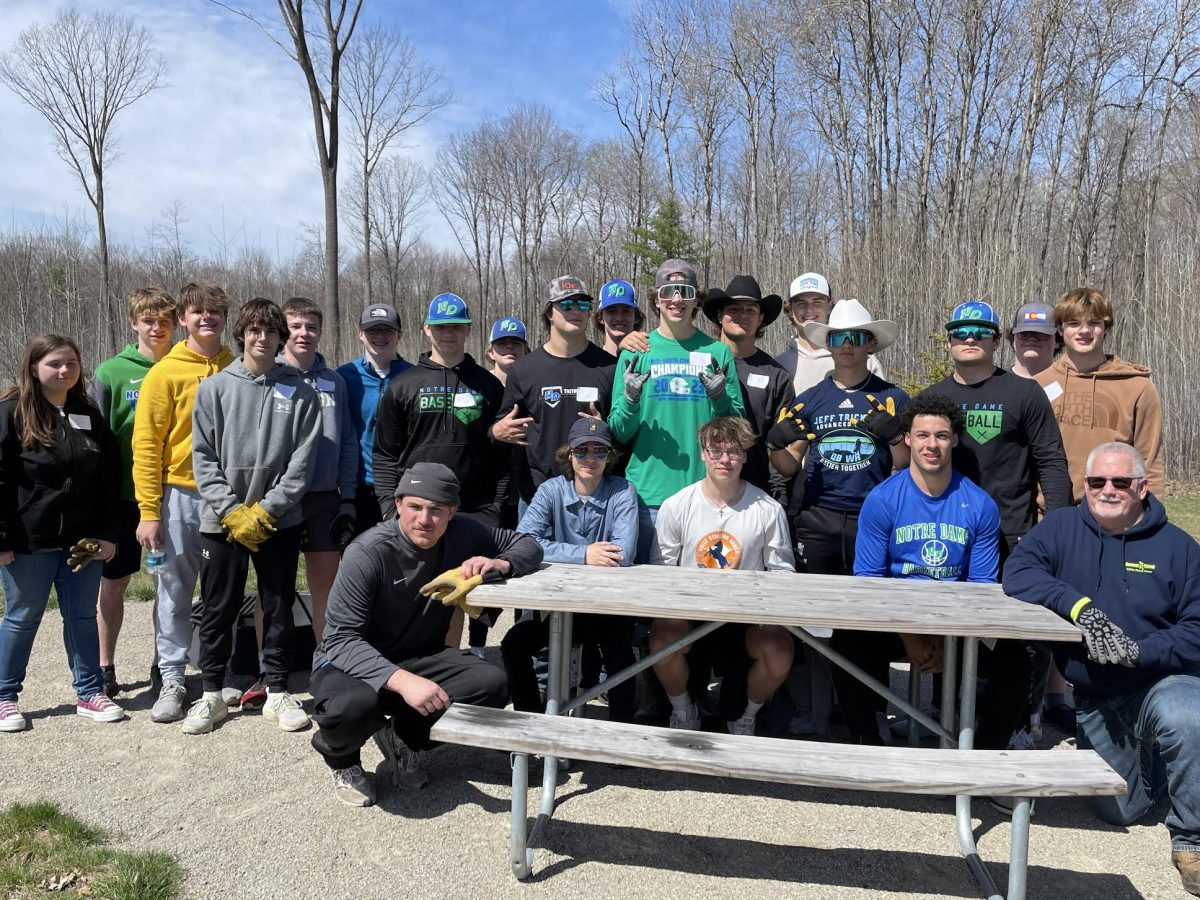

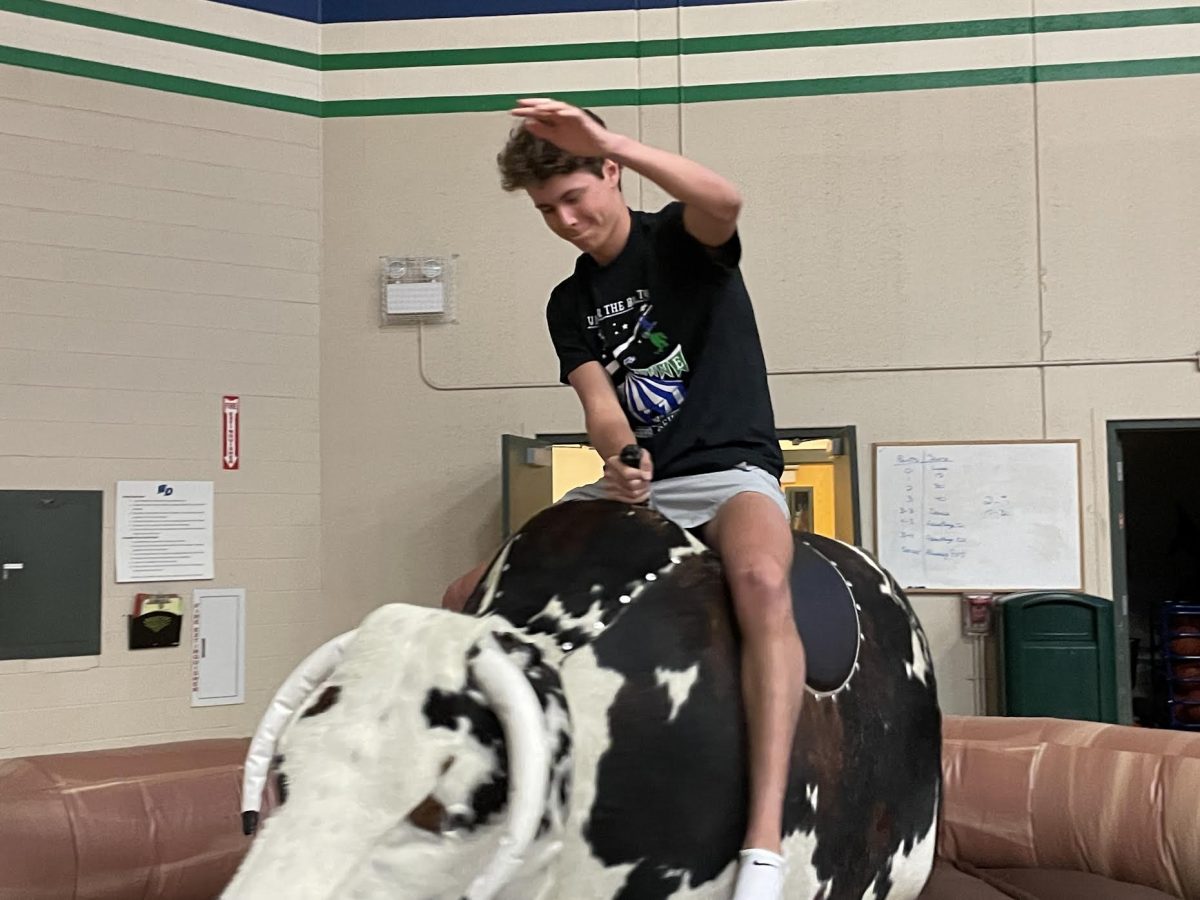

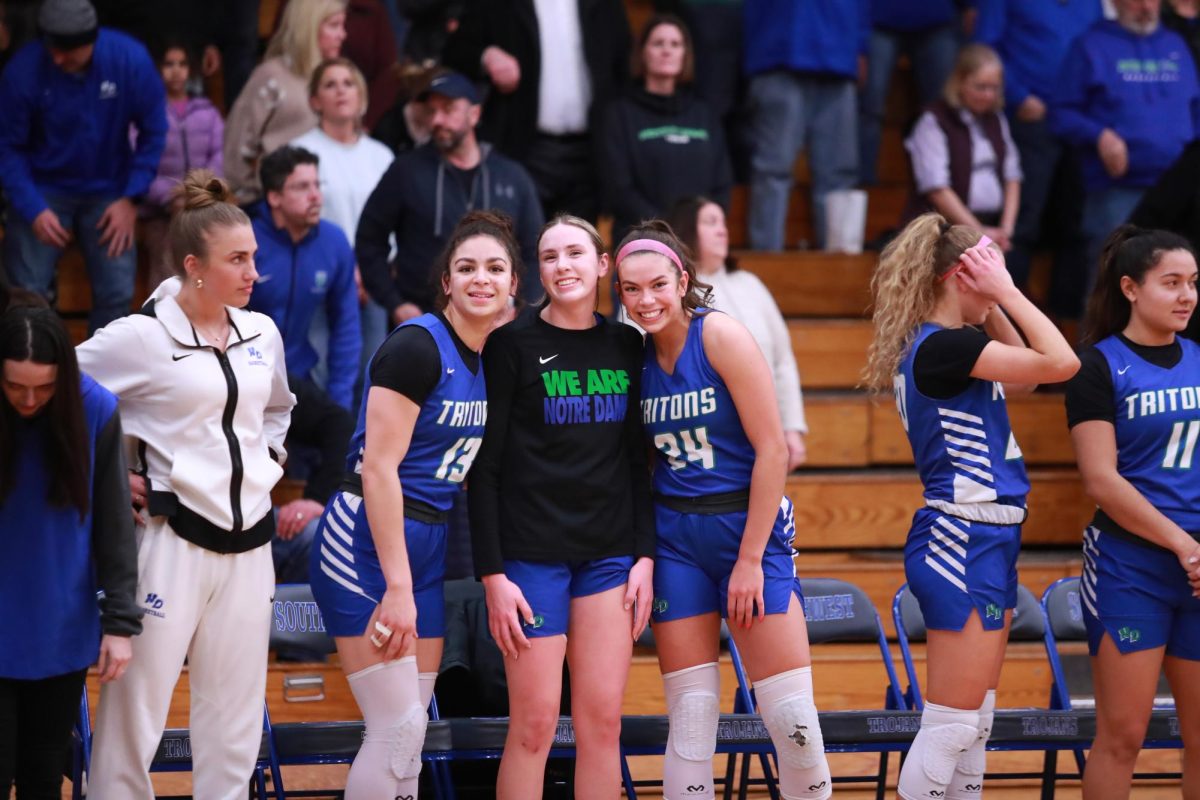
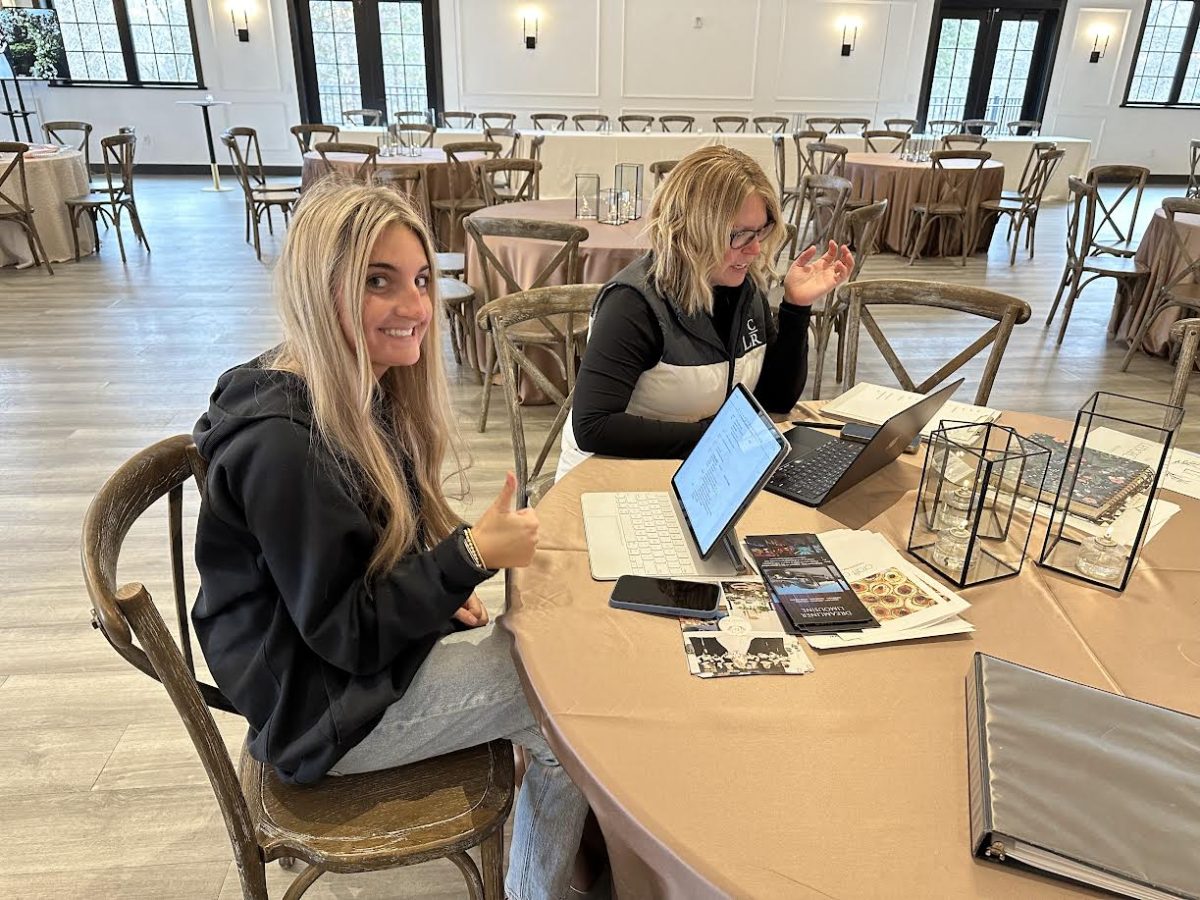

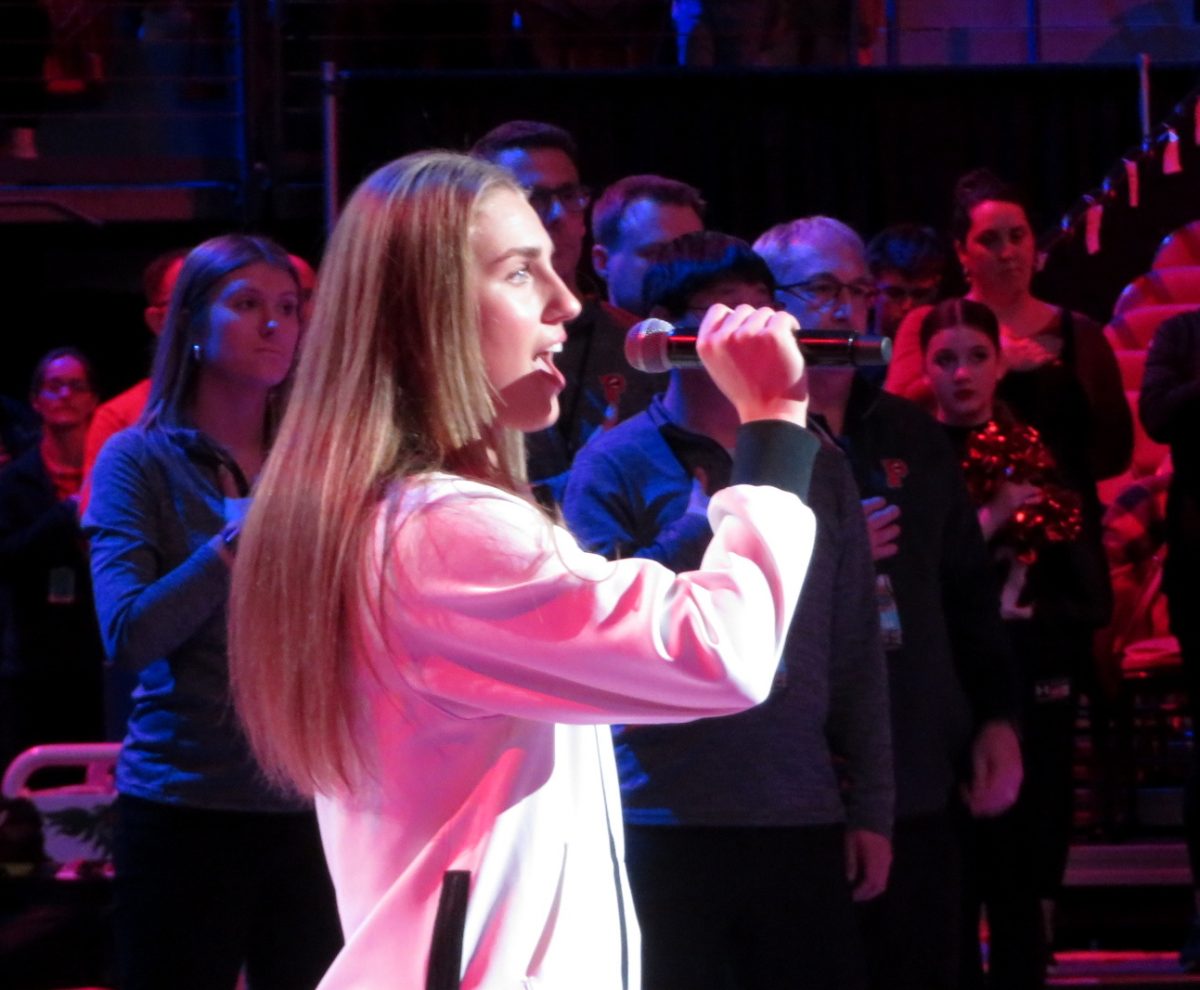
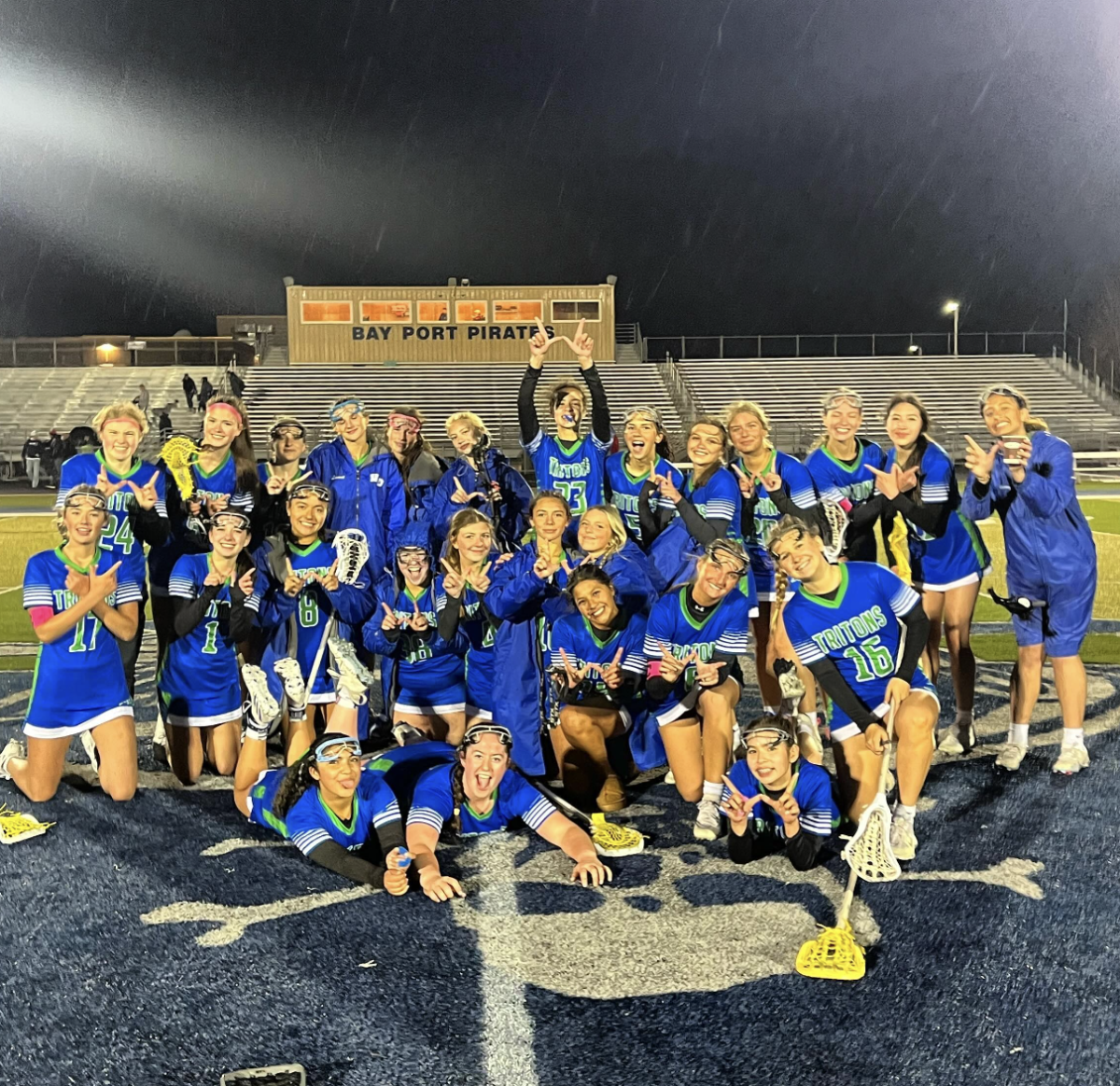
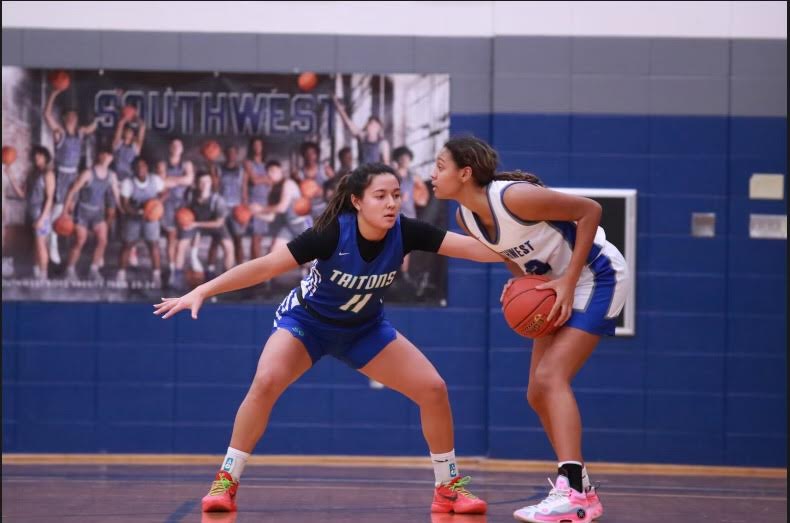
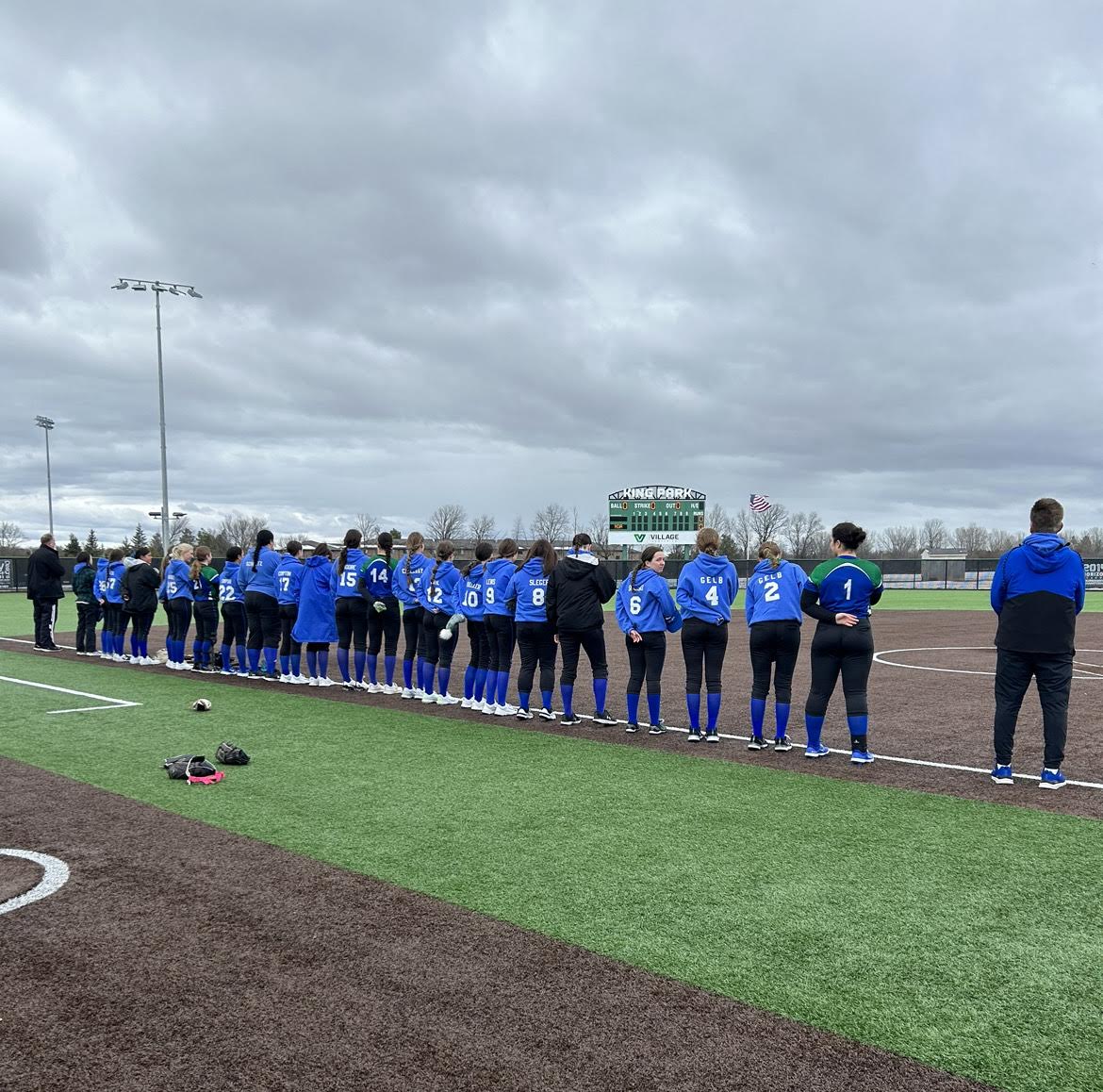
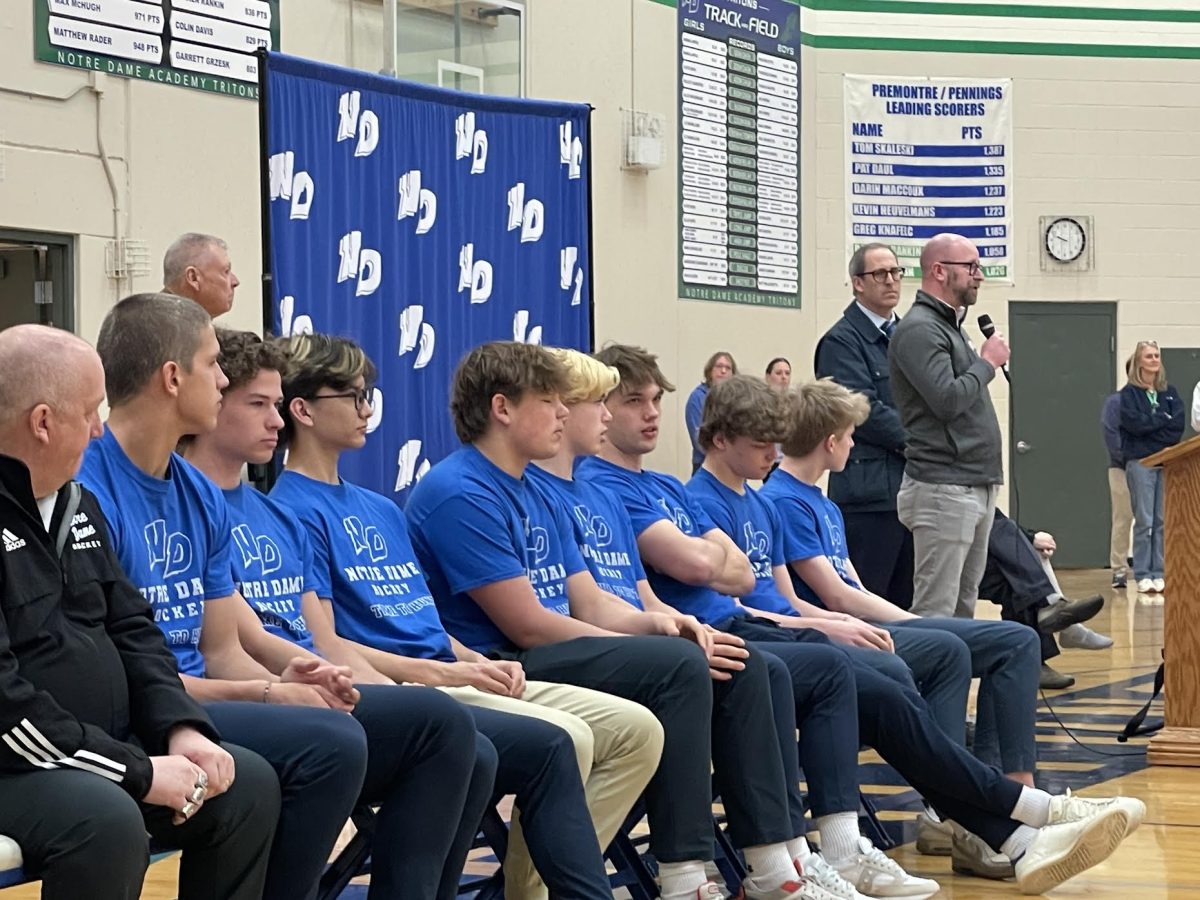
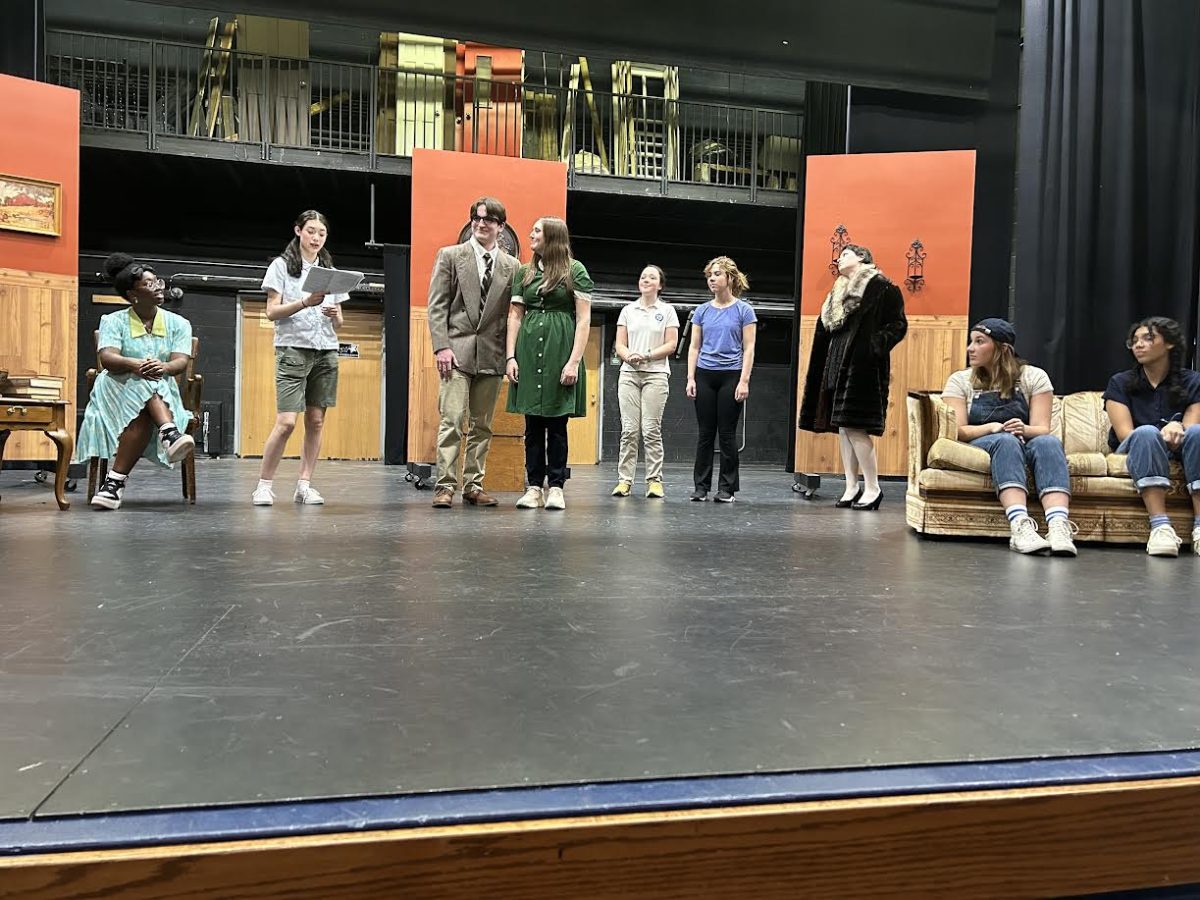
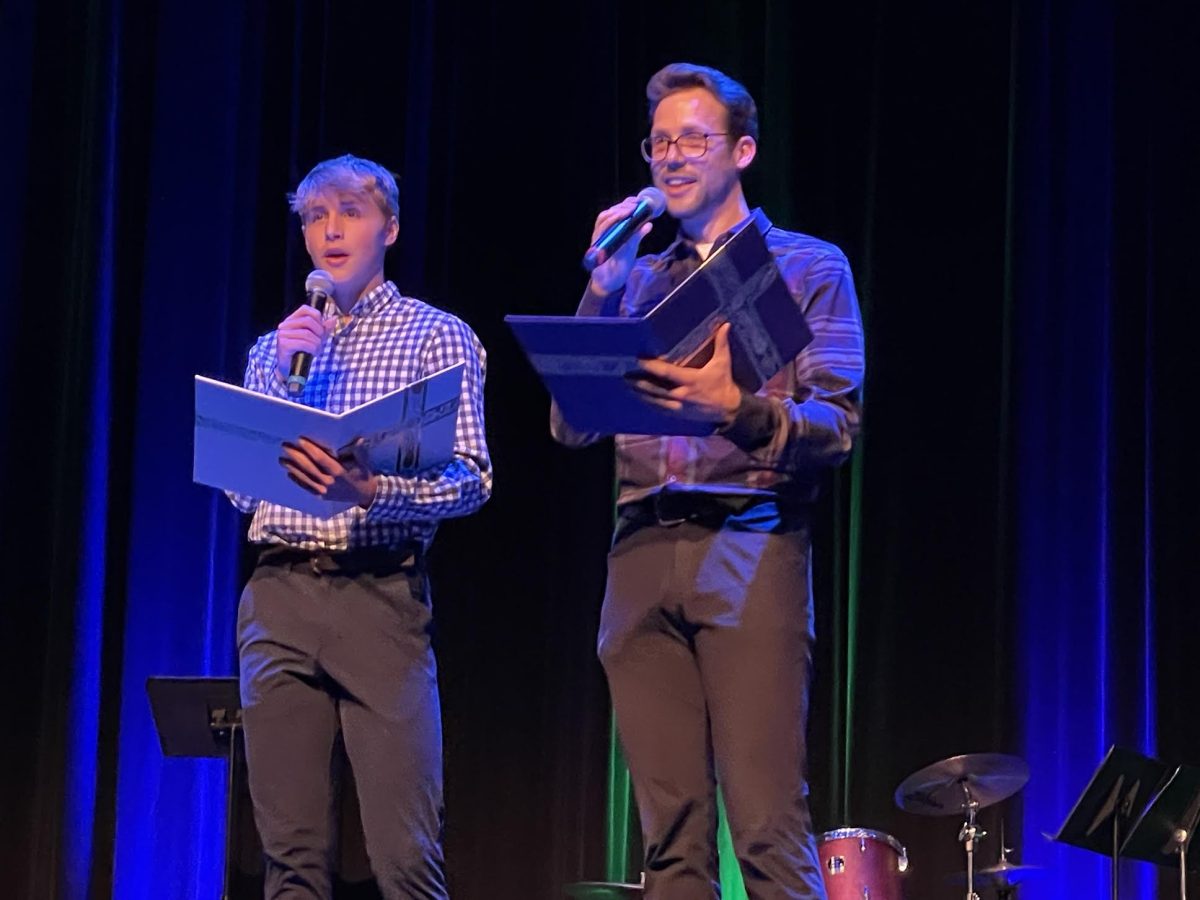

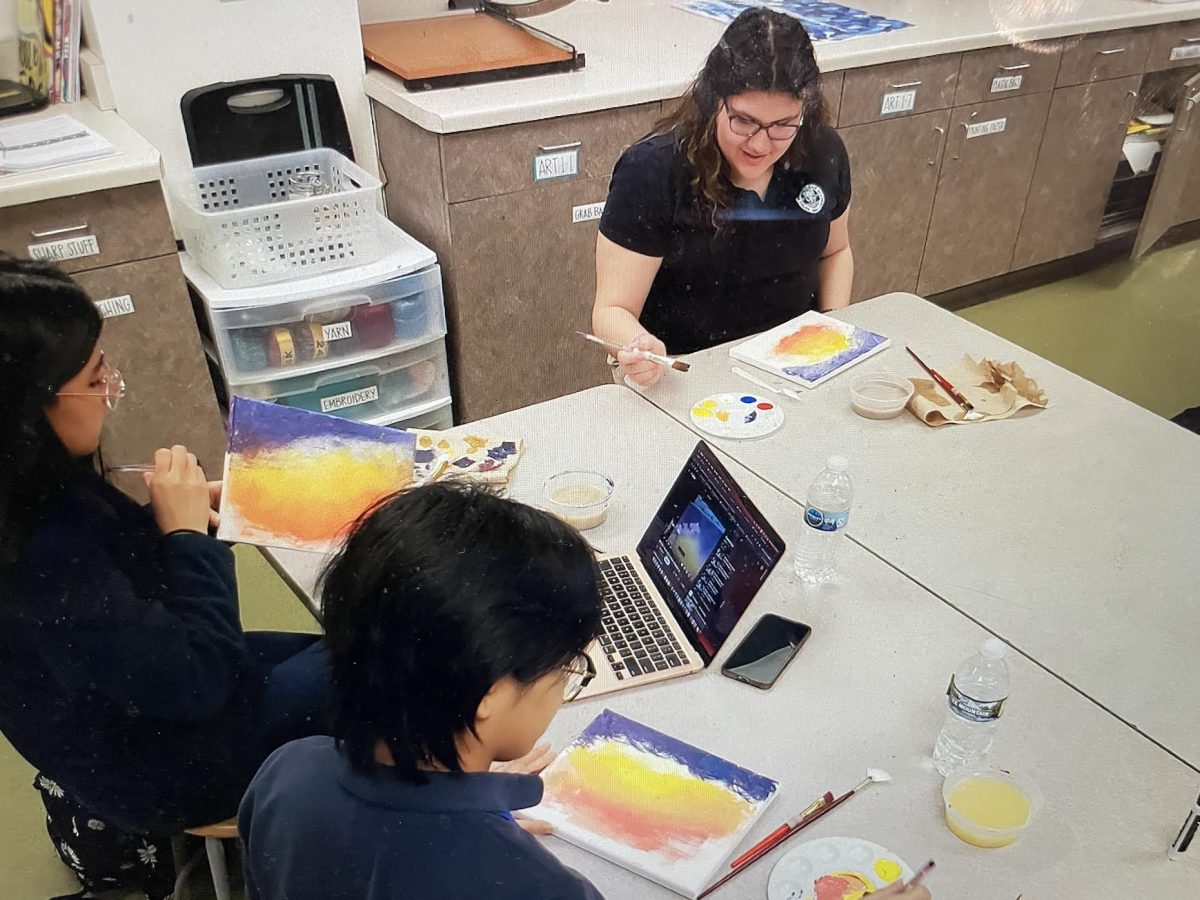
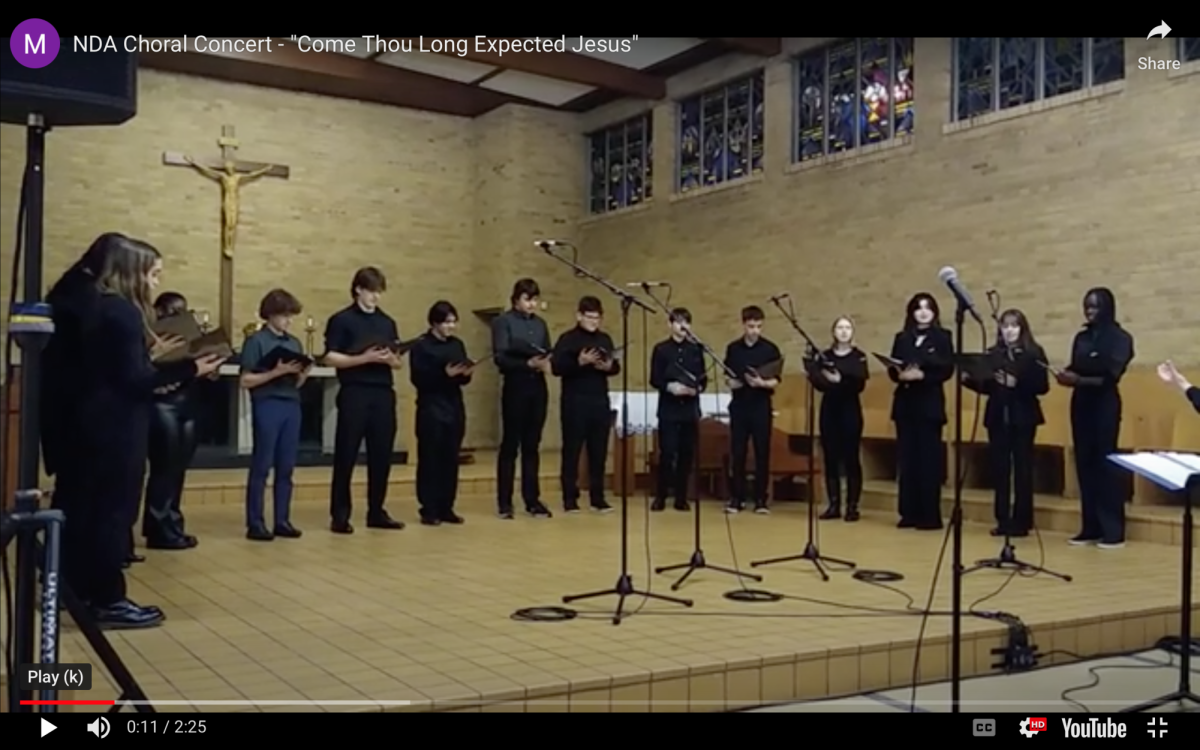

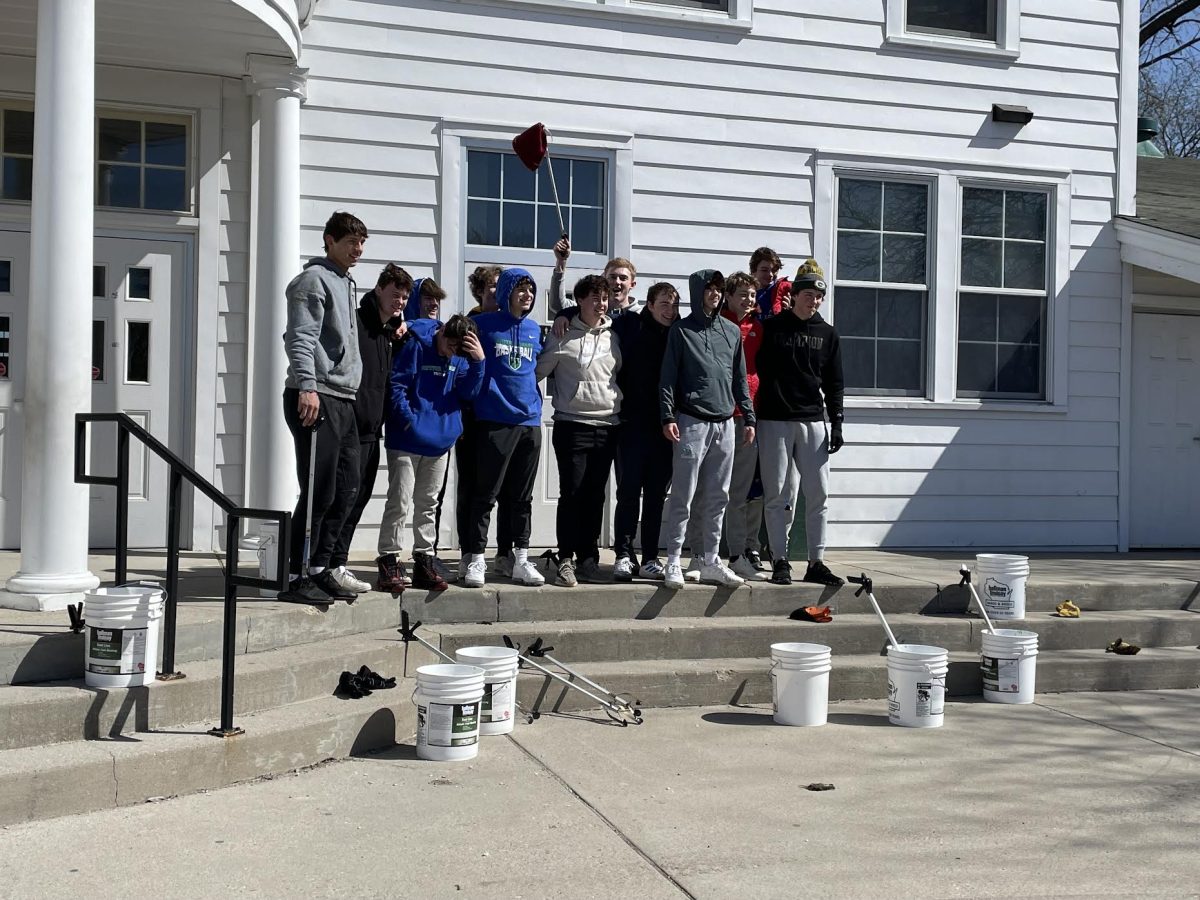

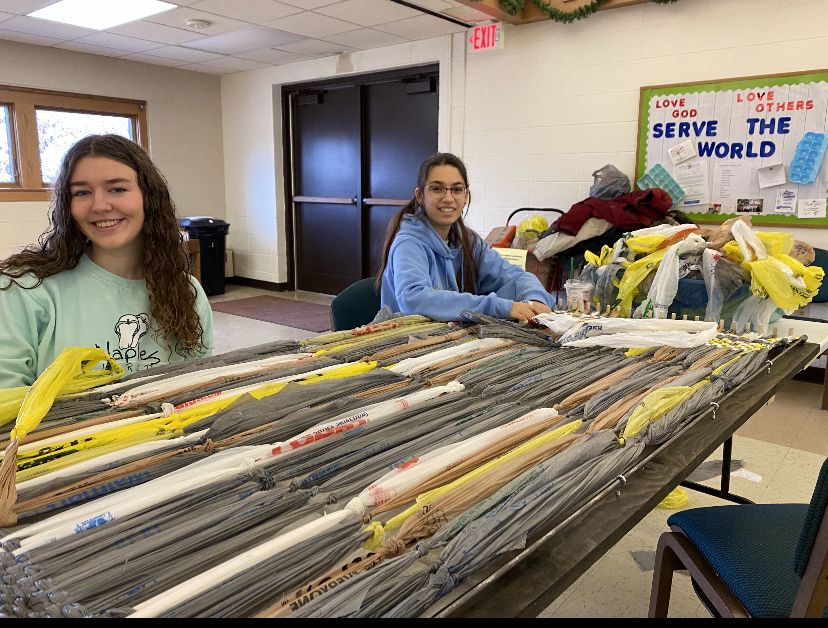
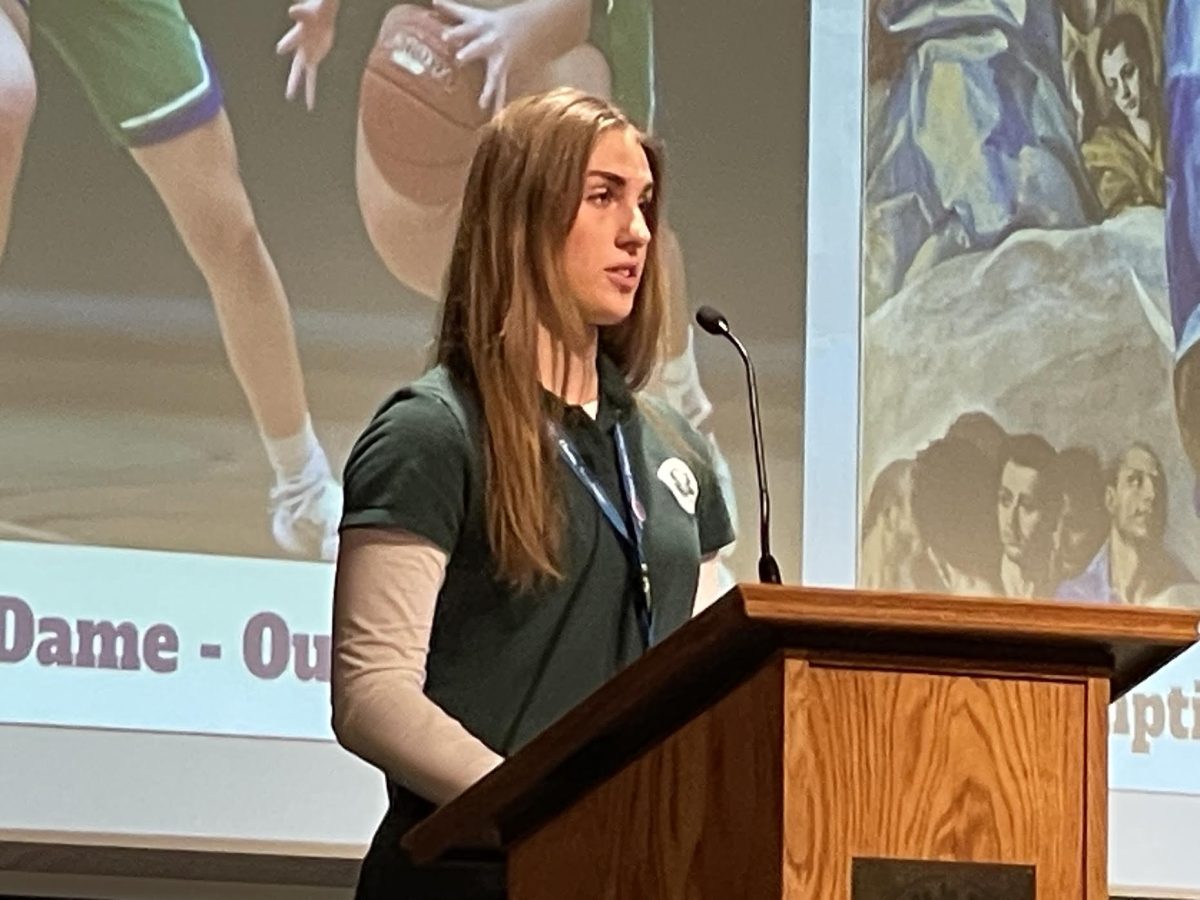
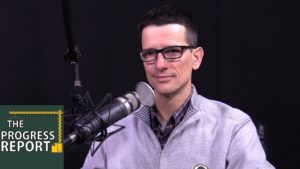
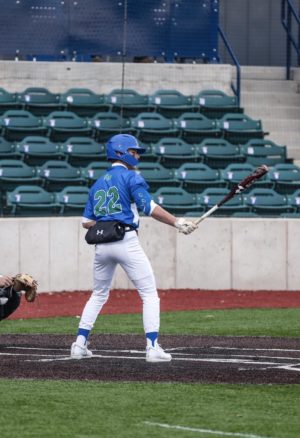
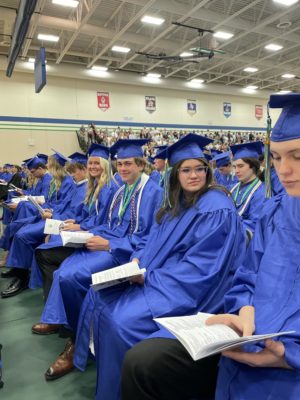
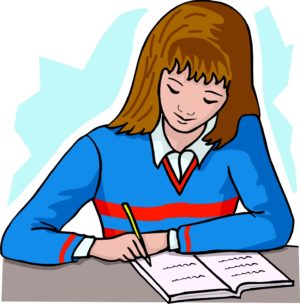
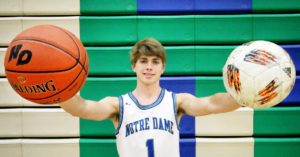

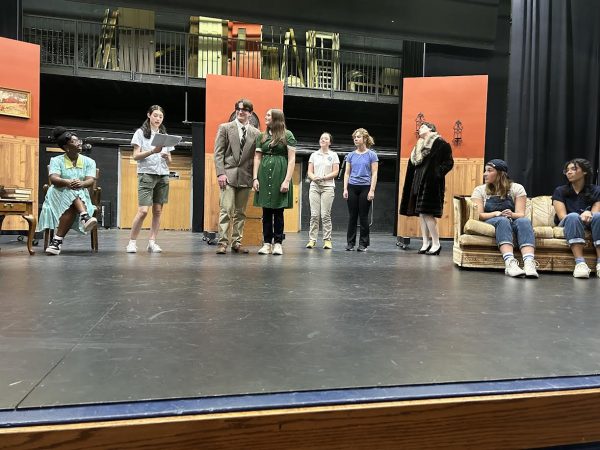
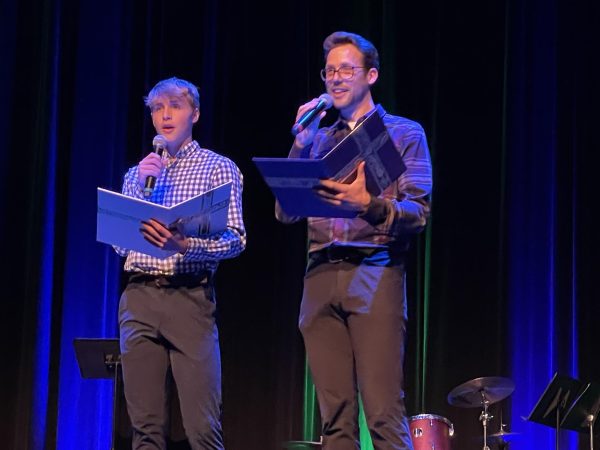
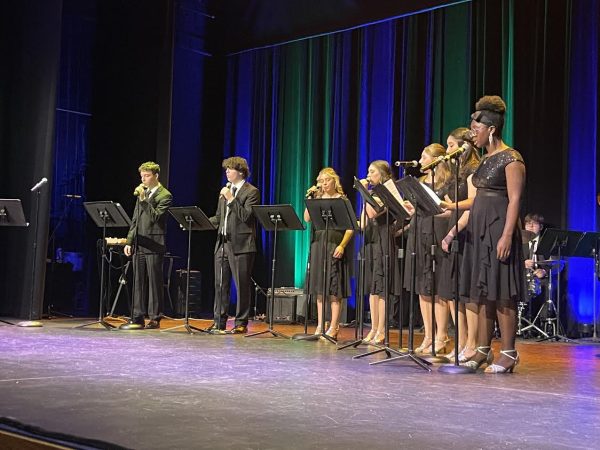
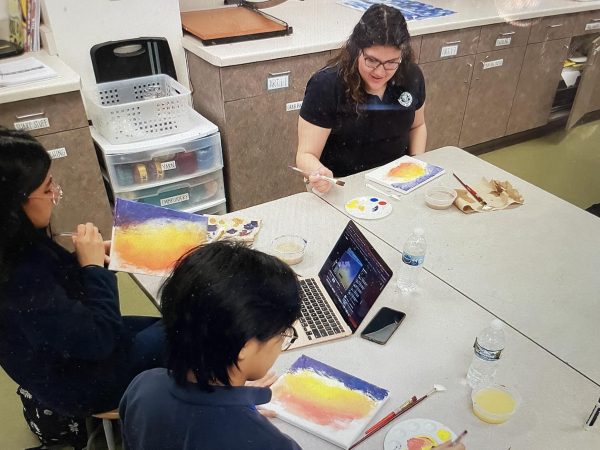
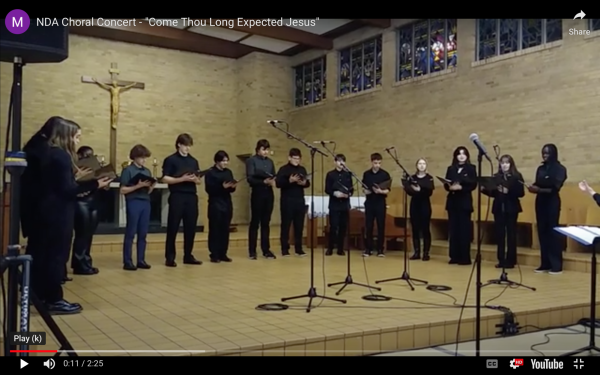
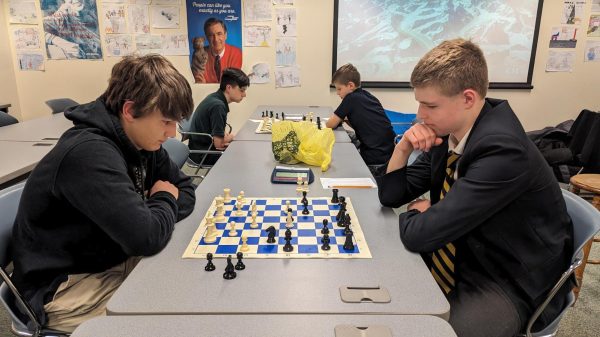
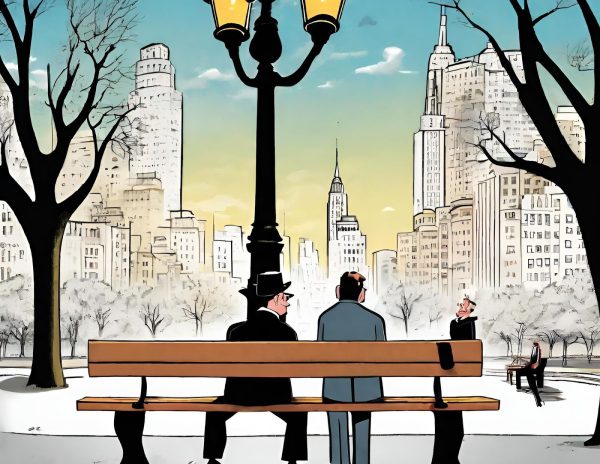
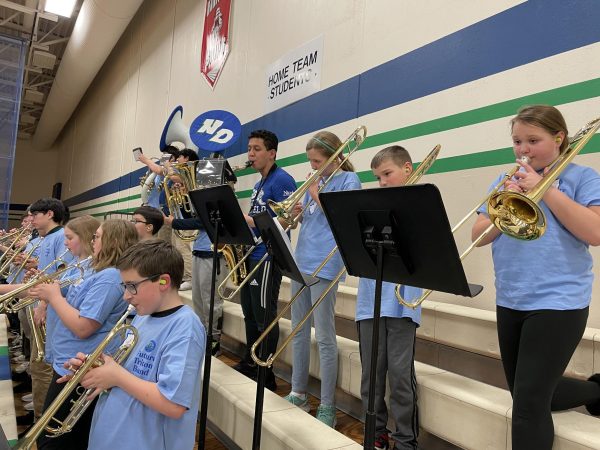

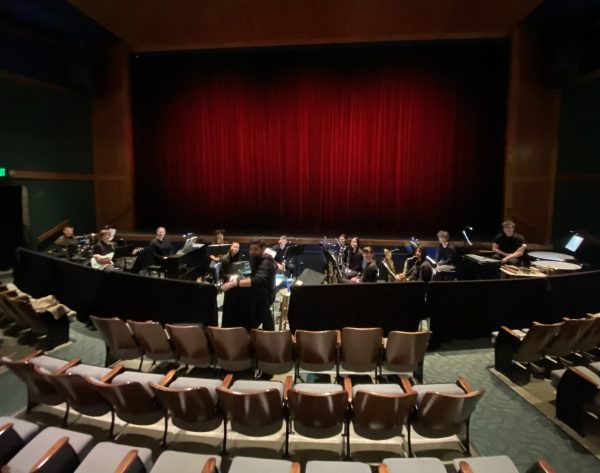

Treena Leonhard • Feb 24, 2015 at 1:09 pm
For all who are interested, we now have a signed copy of Miranda Paul’s book, One Plastic Bag, Isatou Ceesay and the Recycling Women of the Gambia in our NDA Library. Thank you, Mrs. Stanczak, for providing this for NDA.
Stop by to see it today!